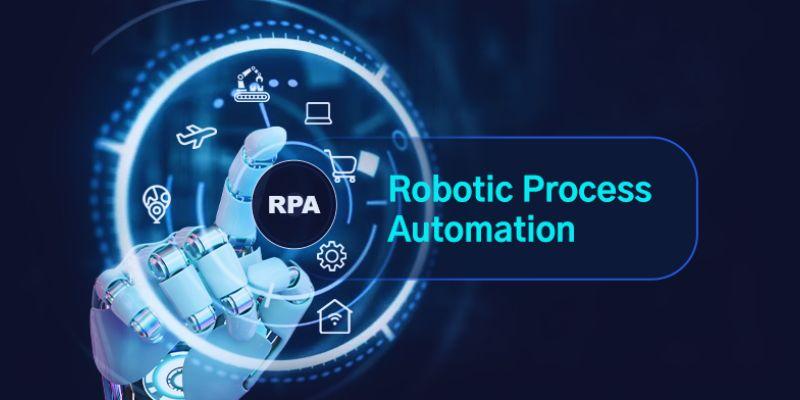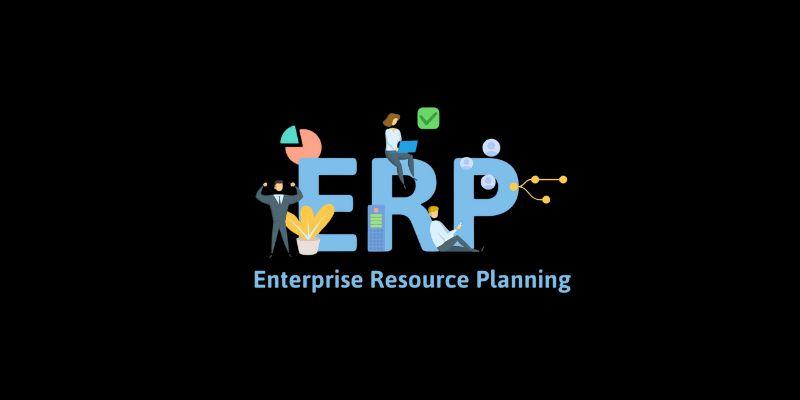Artificial intelligence (AI) is rapidly transforming industries and societies, presenting both opportunities and challenges. Europe, with its emphasis on regulation and ethical innovation, and tech giants, with their immense resources and expertise, must collaborate effectively. Together, they can shape a future where AI advances responsibly, balancing technological progress with societal values and global impact.
Why Collaboration Between Europe and Tech Giants Matters?

AI is a multi-stakeholder challenge, and no single region or organization can manage it alone. The technological breakthroughs that power AI originate in research labs and commercial enterprises, but their consequences are deeply societal.
Key reasons for collaboration include:
- Cross-border implications: AI applications—like language models or autonomous systems—often function beyond geographical boundaries.
- Shared accountability: Ensuring AI aligns with public interest requires input from regulators, developers, users, and affected communities.
- Global competitiveness: Europe’s regulatory clarity and tech companies’ execution capacity together offer a competitive yet responsible model for global AI leadership.
A proactive alliance can foster mutual trust, reduce friction, and create a sustainable AI ecosystem that reflects both innovation and integrity.
Laying the Groundwork: Policy, Regulation, and Industry Standards
Europe’s Pioneering AI Legislation
The European Union has taken a decisive step with the Artificial Intelligence Act, setting global benchmarks for regulating AI by classifying systems based on their risk profiles (unacceptable, high, limited, or minimal risk). The legislation emphasizes transparency, accountability, and data quality.
Tech Industry’s Role
Rather than resisting regulation, responsible technology firms can:
- Collaborate early in the legislative process to ensure rules are both practical and enforceable.
- Provide technical expertise to inform regulatory language and compliance mechanisms.
- Commit to voluntary standards that go beyond legal requirements, promoting ethical best practices across product lines.
This two-way dialogue ensures that regulatory frameworks are balanced, adaptable, and grounded in operational realities.
Joint Research and Innovation Initiatives
Europe is home to world-class universities, scientific institutions, and publicly funded research programs. However, turning fundamental AI research into deployable products and services often requires private sector resources.
Strategic Opportunities for R&D Collaboration:
- Co-funding innovation hubs focused on ethical AI, climate-tech, and social good applications.
- Creating shared AI labs where industry researchers work alongside European scientists.
- Encouraging open access to research findings, tools, and algorithms to democratize AI development.
Such collaborations not only boost innovation but also ensure that the solutions created are rooted in European values—such as equity, privacy, and sustainability.
Data Sovereignty and Secure Infrastructure Development
Protecting Citizens Through Responsible Data Practices
High-performing AI models need vast, high-quality datasets. However, data governance is a sensitive issue in Europe, where privacy and sovereignty are non-negotiable. The General Data Protection Regulation (GDPR) already defines stringent requirements for personal data usage.
Tech companies operating in Europe should:
- Adapt infrastructure to comply with local data regulations and storage protocols.
- Invest in federated data architectures, where data remains local but insights can be derived collaboratively.
- Support initiatives like GAIA-X, a federated data infrastructure project aimed at maintaining European digital independence.
By aligning with these frameworks, companies not only ensure compliance but build trust with European governments and users.
AI Talent Development and Workforce Upskilling
As AI adoption grows, so does the need for professionals who can design, implement, and govern these technologies. Europe faces a talent bottleneck—particularly in emerging areas like AI ethics, machine learning engineering, and algorithmic auditing.
Steps for Building a Resilient Talent Pipeline:
- Partner with universities to introduce interdisciplinary AI programs that combine technology with law, ethics, and policy.
- Offer internships, fellowships, and reskilling programs to cultivate new talent and upskill existing professionals.
- Champion diversity in AI development by supporting underrepresented groups, geographies, and disciplines.
Tech giants can play a key role in nurturing this ecosystem by providing mentorship, resources, and platforms for practical learning.
Promoting Ethical and Inclusive AI
AI systems are prone to reflecting or amplifying societal biases if not designed responsibly. Europe emphasizes fundamental rights, social justice, and ethical integrity—values that are crucial in mitigating the risks of bias, discrimination, and opacity in AI.
Best Practices for Responsible AI Development:
- Use diverse datasets and test for demographic fairness.
- Apply human-in-the-loop methodologies to retain oversight in critical decision-making processes.
- Adopt transparent models and explainable AI techniques for better interpretability.
Additionally, companies can support third-party audits, impact assessments, and ethical review panels to validate their systems against ethical benchmarks.
Empowering Public Sector Transformation Through AI
The European public sector is ripe for AI-driven innovation in domains such as:
- Smart healthcare systems
- Predictive traffic management
- Digital education platforms
- Climate risk modeling
Tech companies can partner with European governments to pilot these applications, provided they respect principles of accountability, citizen consent, and benefit-sharing.
Characteristics of Successful Public-Private AI Projects:
- Co-designed with stakeholders, including civil society and end-users.
- Transparent in procurement and deployment to minimize risk of misuse.
- Monitored over time to assess real-world impact and effectiveness.
Such collaborations can serve as global models for public-interest AI.
Building Permanent Channels for Dialogue and Oversight
AI’s impact evolves quickly. Static agreements or one-time consultations will not suffice. Continuous dialogue and co-governance mechanisms are essential.
Recommended Structures for Sustainable Collaboration:
- AI advisory councils involving regulators, scientists, industry leaders, and public representatives.
- Shared benchmarking centers to evaluate and compare AI systems across metrics such as bias, energy efficiency, and robustness.
- Multi-stakeholder forums for public engagement, transparency, and feedback collection.
Europe can host these initiatives as part of its broader digital strategy, ensuring that stakeholder voices are embedded at every stage of the AI lifecycle.
Aligning on Global Standards and Ethical Leadership

Europe has the credibility to lead on global AI ethics. Tech giants, with their global reach, have the scale to implement these values across continents. Together, they can define norms for AI development that protect human dignity, preserve democratic systems, and promote cross-border harmony.
Joint priorities can include:
- Promoting interoperable AI governance frameworks
- Encouraging global cooperation on algorithmic transparency
- Fostering innovation ecosystems grounded in public interest
By anchoring these principles in real-world partnerships, Europe and technology companies can help shape not just the future of AI but the future of digital civilization.
Conclusion:
The collaboration between Europe and the world's leading tech companies is not just strategic—it is essential. Europe offers regulatory foresight, public accountability, and ethical grounding. Tech giants bring scale, execution, and technological depth. When these strengths converge, the result is a blueprint for AI that is powerful yet responsible, fast-moving yet thoughtful.












